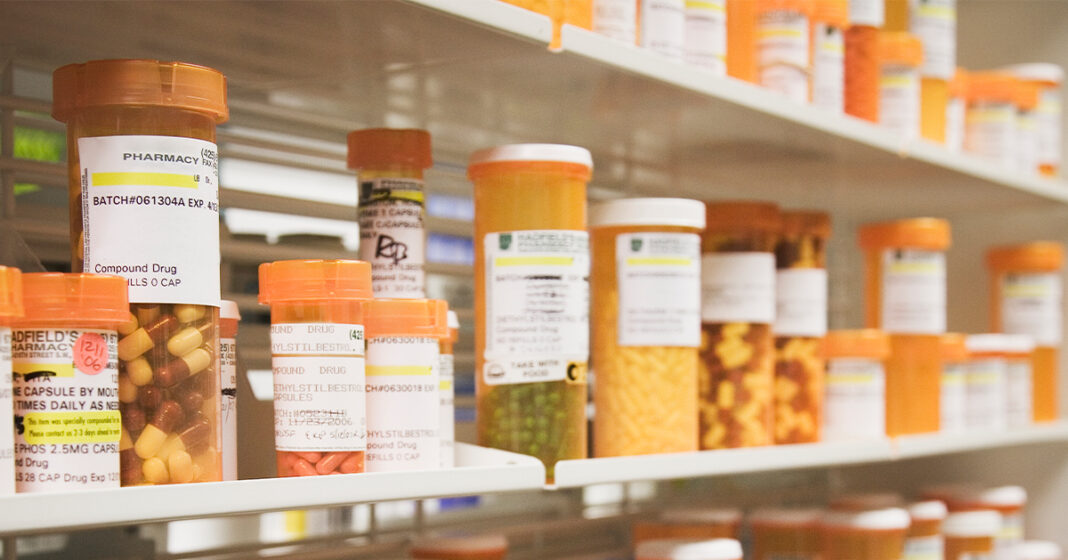Common knowledge among the public is that drug companies stay in business by keeping people sick in the first place. The snowball effect includes feeding the people chemical-laced food that worsens their health, raise prices on healthcare, and pump ineffective drugs into their bodies that require more drugs to offset the treatment drug.
In this continuous war, the people look to the government to bring the situation under control by mandating lower healthcare or at least lower drug prices. When the administration attempts to control the cost of drugs, by instituting price caps, what do the drug companies do? They search for economic excuses to draw back on drug production, causing a drug shortage.
Then they offer a solution to the drug shortage by blaming the government price controls; “Government price controls are blunt instruments likely to be turned against consumers.” This quote is stated from an article written by a healthcare scholar and business school manager who is advocating for drug companies to be able to keep drug cost high. In other words, let us continue to extort you, or die from a drug shortage.
In a society that is based on capitalist competition, this is what the public is up against at the cost of their health and eventually their lives. When drug cost is high, not many people can afford to stay healthy. Only the wealthiest of the public can live in a country that cannot seem to balance the health and productivity of their citizens against the greed of corporate profiteers.
According to The Hill: “Drug shortages are reaching near-record levels in the United States. There were 309 active drug shortages in the second quarter of this year—the most in nearly a decade and rising sharply over the last two years. Nearly a third of 1100 hospital pharmacists in a recent survey reported having to ration, delay or cancel treatments or procedures because of shortages. Among the hardest hit: cancer patients. More than half of the pharmacists said shortages of chemotherapy drugs have a critical impact on the care of patients.
A lack of financial incentives to produce less profitable drugs, including generics, is at the heart of our drug shortage crisis. Recent studies from the Margolis Center at Duke University and the Brookings Institution point out that low payment rates and tight margins reduce manufacturers’ ability to upgrade their production processes. Without those improvements, recalls and production stoppages leading to shortages are both more frequent and more persistent.”
DISCLAIMER: The content of Pro Liberation is firmly opinionated and is not meant to be interpreted as official news. We glean facts and quotes from mainstream news websites and abridge its meaning for readers to relate. We do not indulge in misinformation, conspiracy theories, or false doctrine but choose to express our right to free speech as citizens of this country and free born under God the Creator. We represent Nu Life Alliance Inc. a non-profit organization in the battle for social and economic justice. Donate to our cause at the following link. DONATE














